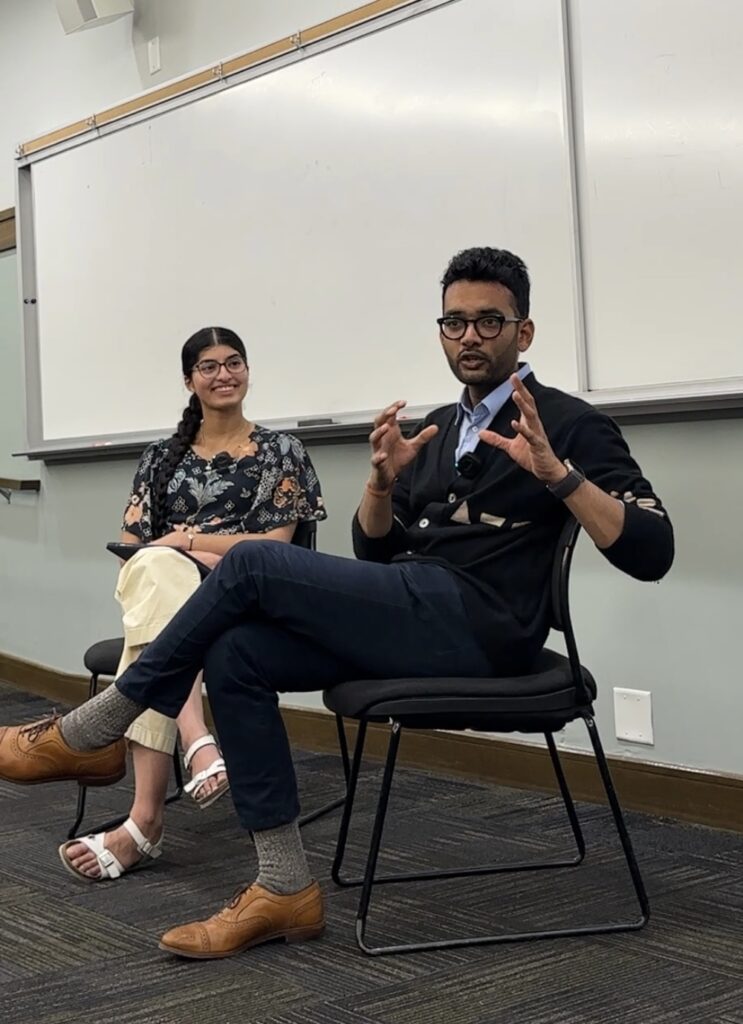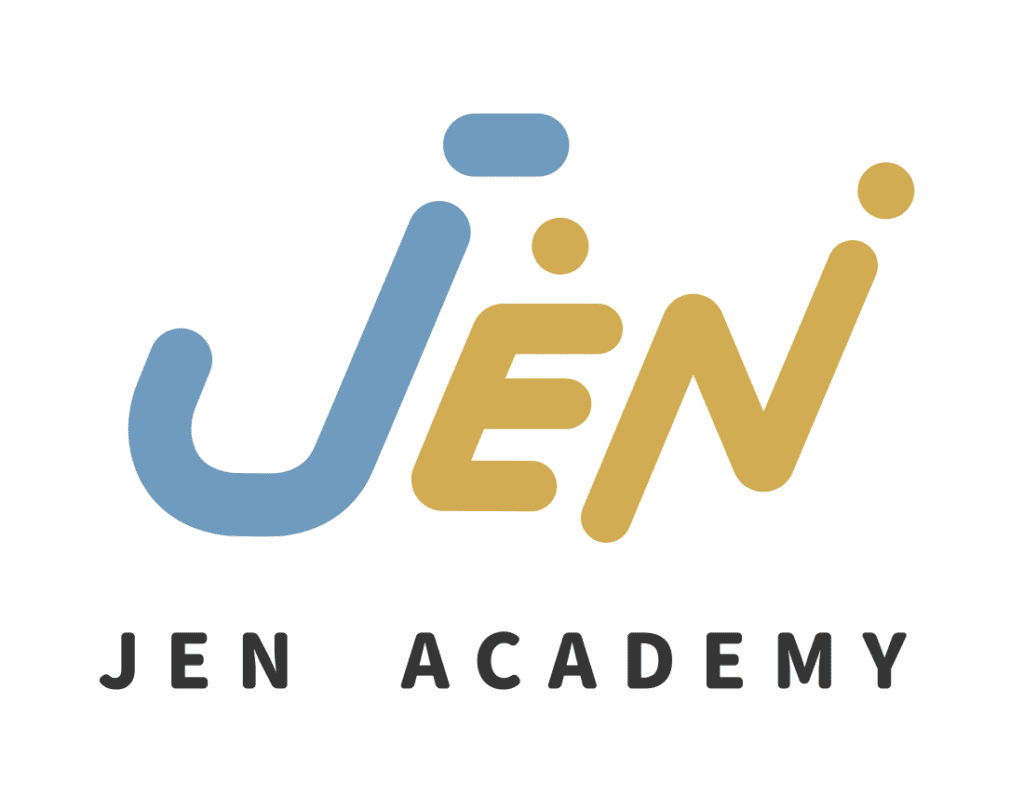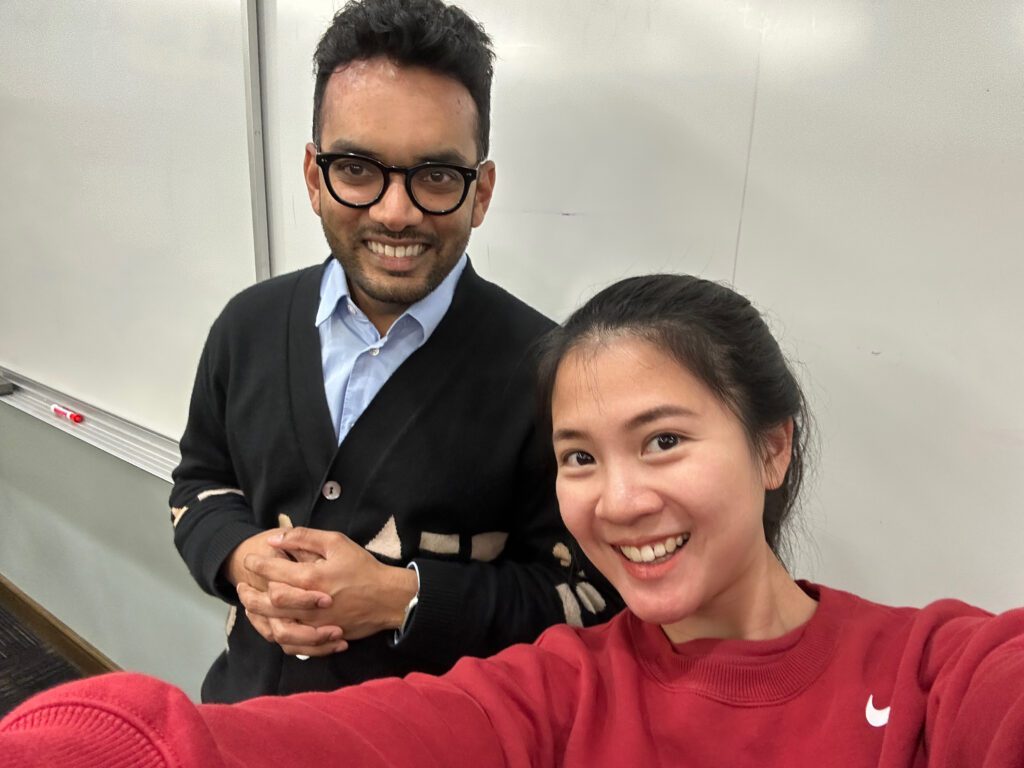昨天晚上,我參加了 Notion 共同創辦人兼 COO Akshay Kothari 在 Stanford 的講座。身為 Stanford 的設計相關碩士生,看到他也是從這裡開始他的旅程,讓我倍感共鳴。他分享了從零開始打造一款成功產品的經驗,如何帶領團隊、構建系統,以及讓 Notion 靈活適應市場需求的經驗。Akshay 的演講讓我有許多反思,特別是在產品設計和管理方面。
在他的分享中,有幾個觀點特別讓我印象深刻,以下是十點筆記:
1. Prototype and Test Ideas Quickly | 快速製作並測試你的原型
Akshay 強調,產品設計師不要只是抱著好點子,而是要立即把它轉化成原型來測試。他認為即使是花 30 分鐘,也可能獲得有價值的反饋。快速行動才能知道想法是否有潛力!
2. Build Systems, Not Just Features | 打造系統,而非僅僅增加功能
在 Notion,團隊不僅專注於新功能,更重要的是構建自我維持的系統。這種做法讓他們在資源有限時,仍然能達到令人驚艷的成長效果。
3. Direct Feedback as Kindness | 誠實直接的回饋是一種善意
他說:「直接的回饋是一種善意。」直接且誠實的建議,不僅節省彼此的時間,更能推動卓越的表現。
4. Leverage Proven Sales Techniques | 善用已驗證的銷售策略
Notion 起初試圖用創新的銷售方式來打開市場,最後卻發現傳統方法的價值所在。他提醒我們,有些系統已經被完善,無需重新發明輪子。
5. Async Collaboration Empowers Teams | 非同步溝通讓團隊高效協作
Notion 採用非同步溝通,減少頻繁會議,讓成員專注於各自專業。他認為,PM 的責任就是讓設計師專注設計、工程師專注工程。
6. Embrace AI’s Messiness | 接受 AI 的混亂
他描述 Notion AI 的開發為「創造玩耍的空間」,透過不斷試驗找到合適的解決方案。他說:「AI 並非一成不變,必須接受其中的混亂。」
7. Keep a Beginner’s Mindset | 保持新手心態
Akshay 認為,無論多有經驗,都應保持學習心態。他鼓勵 PM 與產品直覺強的人共事,這樣可以持續提升自己的感知力。
8. Prioritize User Experience Over Features | 核心體驗重於功能增添
雖然 Notion 可以添加更多功能,但 Akshay 將重心放在簡化核心體驗上。他說:「目標是讓用戶體驗更簡單流暢,而非單純添加功能。」
9. Cultivate Conviction, but Stay Flexible | 堅持信念,但要保持靈活
他分享道,雖然信念重要,但適時調整也同樣關鍵。他認為「信念與靈活心態應該並存」才能在市場中生存。
10. Build for Future Users | 為未來的用戶設計
Notion 現有的用戶和未來的用戶需求不同,Akshay 明白這點,並認為設計時應預見未來的變化。他說:「我們必須為未來用戶設計,而不僅僅是今天的用戶。」
他也詢問在場有誰沒有在用 Notion,其實幾乎全場都舉手說有在用 Notion,但有些同學也舉手說會讓人不想用的時候,就是因為跑太慢了!Akshay 說,他有時會切換到 Apple Notes,但只有在飛機上或網路很差的時候,Notion 也在試圖找到強大功能與簡單易用之間取得平衡,希望能夠推出離線的版本。

English Version
Last night, I attended an insightful talk with Akshay Kothari, co-founder and COO of Notion. As a current MS student at Stanford, I found it especially inspiring to learn about Akshay’s startup journey, which began when he was an MS student here.
He shared his experiences in product design, team building, and the importance of cultivating both systems and adaptability within Notion, offering actionable insights for aspiring product leaders. Here are my 10 takeaways:
1. Prototype and test ideas quickly.
Akshay emphasized, “Don’t just sit on ideas—turn them into quick prototypes.” Even simple prototypes can yield valuable insights.
2. Build systems, not just features.
Notion focuses on creating self-sustaining systems rather than just adding features, allowing the team to “achieve more with less.”
3. Direct feedback as kindness.
Akshay shared, “Being direct is the kindest thing you can do to your team.” Honest, constructive criticism is key to continuous improvement at Notion.
4. Leverage proven sales techniques.
Initially, Notion tried a unique sales approach but found “traditional methods” essential to their market strategy.
5. Async collaboration empowers teams.
Notion’s async model minimizes meetings, letting designers and engineers focus on their craft. Akshay noted, “Our goal is to let designers design and engineers build.”
6. Embrace AI’s messiness.
Akshay described their approach as “making space for play,” iterating and experimenting to discover AI’s best uses.
7. Keep a beginner’s mindset.
Despite his experience, Akshay stressed the importance of learning and improving through practice. “Surround yourself with people with strong product sense,” he advised.
8. Prioritize user experience over features.
While Notion could add many features, Akshay is committed to making the core experience intuitive and enjoyable. “Our goal is to simplify user experience, not to add features endlessly,” he shared.
9. Cultivate conviction, but stay flexible.
Akshay demonstrated conviction by sticking with Notion during its early struggles. However, he also pivoted the product strategy when the initial vision didn’t resonate. Balancing conviction with flexibility is key, he said.
10. Build for the future user, not just today.
Akshay recognizes that Notion’s power user today differs from the users of tomorrow. Designing for this evolution is an ongoing challenge, but one Notion embraces wholeheartedly. “We must design for future users, not just today’s users,” he said.
Akshay’s insights offer a fascinating glimpse into the mindset and strategies that have propelled Notion’s growth. As a Notion user myself, I’m excited to see how the product continues to evolve and shape the future of work.


